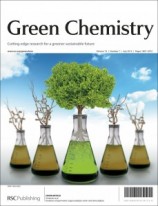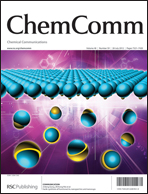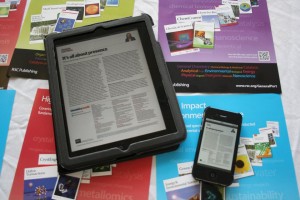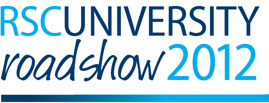Open access, deposition of articles and copyright issues can be a confusing and emotive issue for authors, publishers and funding agencies alike.
This can be partially explained by the sheer complexity of the subject, the legal phrasing of the various licenses and supporting documents, and the fact that many publishers have slightly different policies.
At RSC Publishing, we like to make it easy for authors to find the information they need.
Firstly, we give journal authors the choice of making their article Open Access through RSC Open Science. If you choose this publication route, you will pay an ‘article processing fee’ after peer-review and acceptance. The final ‘article of record’ is made available to all, immediately, via our website without any barriers to access.
Secondly, when it comes to access and deposition, we comply with the requirements of most of the major funding agencies, such as NIH and EPSRC. If we have published your article, you can deposit the accepted author form of it in a non-commercial repository. This includes pre-submission (eg ArXiV) and post-acceptance repositories, such as that of your institution or your funding body, plus your organisation’s intranet. You can also use your article in your thesis, both in print and online.
An embargo period of 12 months from acceptance applies to the deposition of non-Open Access articles in repositories that are available to the public.
Full details on all options for deposition, with associated Licence to Publish forms, can be found on our website.
Thirdly, as a journal author with RSC Publishing, you retain the copyright on your published work. We do not ask you to transfer the copyright to us, the publisher. All we ask is that you sign an exclusive Licence to Publish. You can find out more here.
Finally, all these policies are occasionally subject to changes and amendments. If you need any clarification, or have any questions, please contact us – we’re always happy to help.
 Open Access has been in the news a lot in recent weeks.
Open Access has been in the news a lot in recent weeks.![]() So make sure you have the latest information: visit the website today .
So make sure you have the latest information: visit the website today .











 Individual journal highlights include
Individual journal highlights include 
